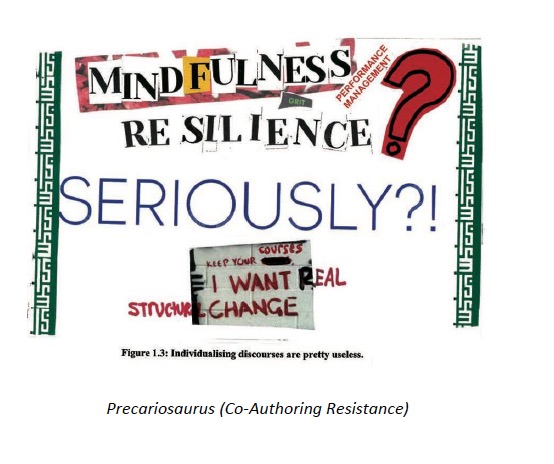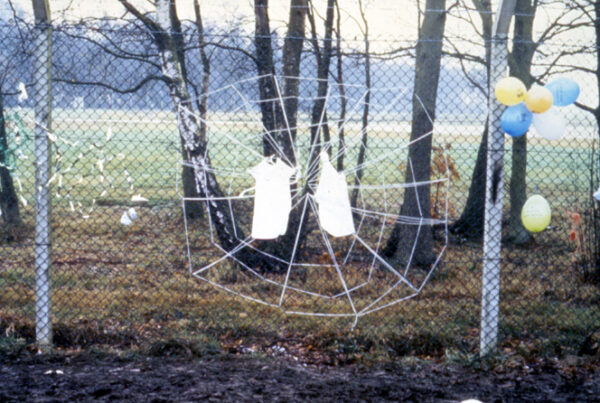The junior researchers ‘good practice’ guide, tries to offer an answer. It includes a discussion of the challenges junior academics face and various proposals for how to (collectively) address them.

The guide’s front page, pointing to academic precarity.
How precarious is the junior researcher? How is precariousness affecting the health of “junior” academics? How can we balance project and individual work, manage our workload and get fair authorship and accreditation? These are some of the questions that this guide is trying to tackle.
The authors, Bregje van Veelen (Durham University), Richard Lane (Utrecht University), and Laura Tozer (Durham University),* have drawn from their own experiences, from conversations with colleagues, and from existing research, to identify the challenges junior academics face, and to develop a set of recommendations (now also in a handy overview table at the end of the document).
The guide is a resource for both Junior and Senior researchers, to help ensure junior colleagues are appropriately supported (and mentored) through their role in an international, collaborative project.
The main aim of the guide can be broken down into the following objectives:
- Highlighting the challenges that Junior Researchers face within current academia
- Highlighting the particular challenges that come with working on international, multi-disciplinary, collaborative projects
- Identifying key priorities for Junior Researchers
- Identifying short- and long-term avenues/goals to help Junior Researchers overcome the aforementioned challenges and work towards these priorities.
You can download the guide through this link.
 Picture collage, from the guide.
Picture collage, from the guide.
* Bregje van Veelen, Durham University, Science Buildings, South Road, Durham, DH1 3LE, United Kingdom. [email protected]
Richard Lane, Utrecht University, Vening Meineszgebouw A, Princetonlaan 8a, 3584 CB Utrecht, The Netherlands. [email protected]
Laura Tozer, Durham University, Science Buildings, South Road, Durham, DH1 3LE, United Kingdom. [email protected]





Reblogged this on POLLEN.